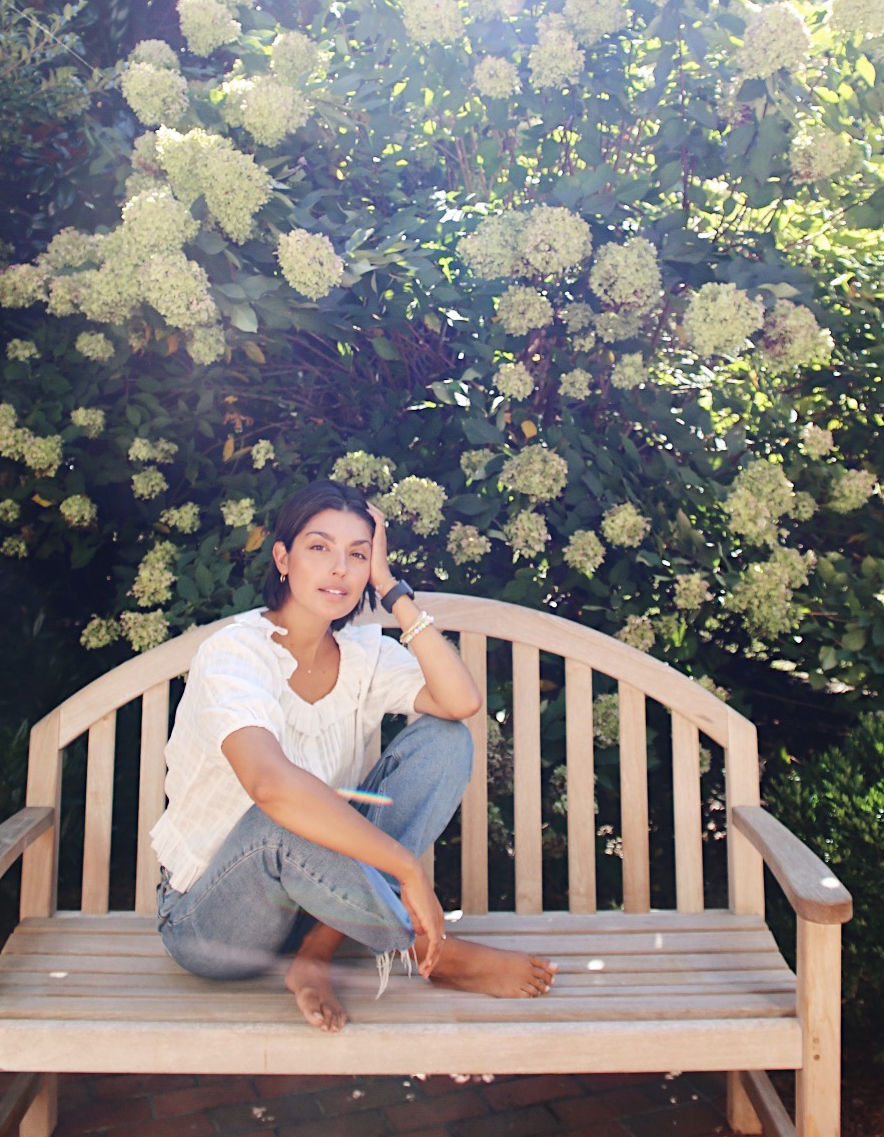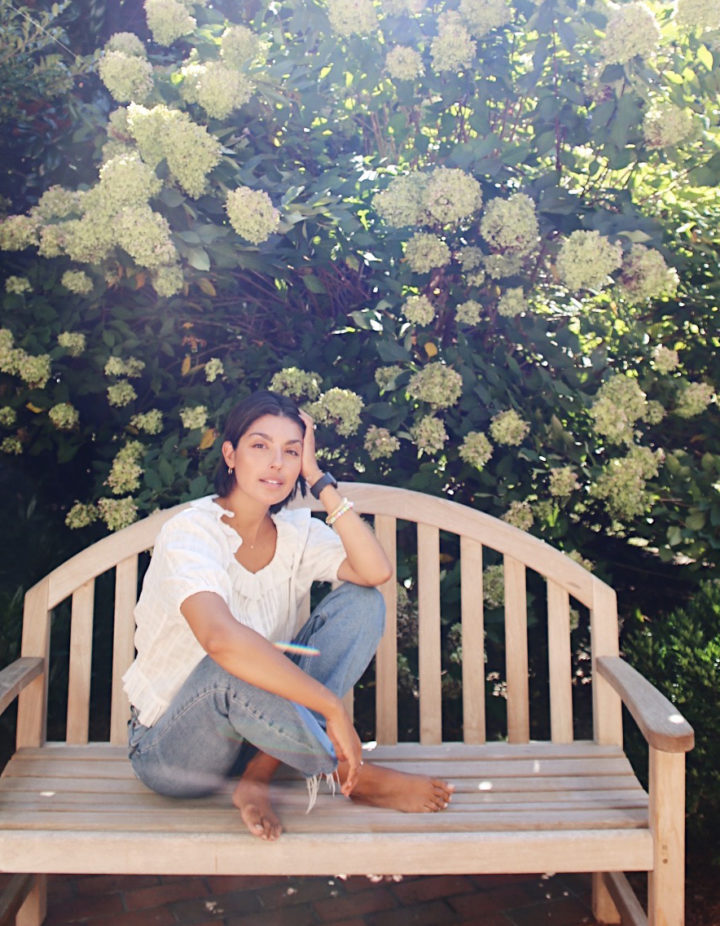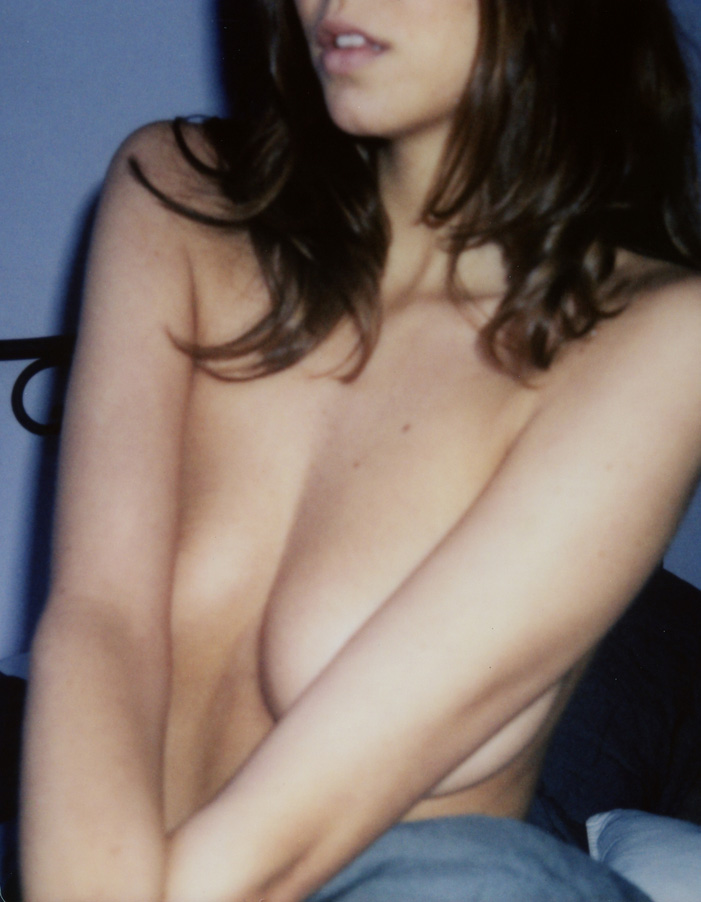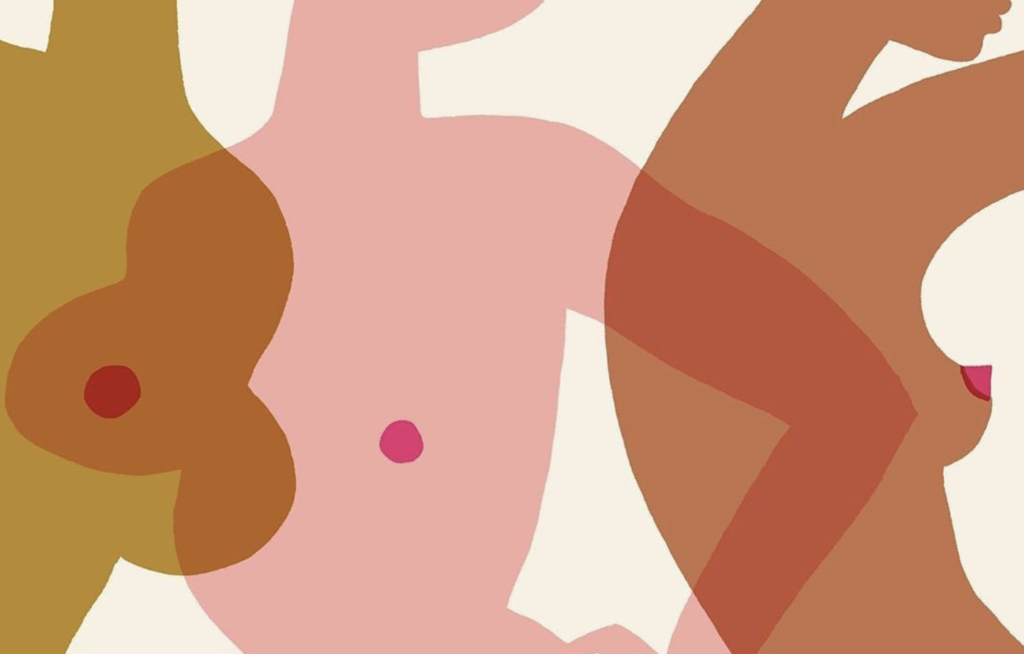Let’s start at the beginning. Like most (exhausted) parents, I was slumped on the couch, having just conquered the nightly bedtime routine (Little Blue Truck, snuggles, you know the drill). Between the pile of laundry waiting to be folded and Netflix, it was shaping up to be a pretty fun night. But this night, I feel an itch on my chest and when I scratch it, I also feel…something else. Deep, beneath my chest wall, a little lump, small but firm. Four weeks later, at the age of 33, I am diagnosed with breast cancer.
I didn’t know it at the time, but that night changed my life, and it all began with a little itch. Like most women my age, I didn’t get yearly mammograms. I have no family history, no risk factors (aside from being a female and having breasts). I wasn’t feeling any symptoms that led me to believe there could be something dark and dangerous blooming inside of me. I was busy leading a big life; juggling my dream job as a creative director, chasing my two-year-old son and asking my husband to take out the compost. I did juice cleanses and hot pilates and ate organic food. Cancer was not on my radar. I’d had a benign cyst in my breast years before, plus having a baby and breastfeeding had changed my body. Surely, this was nothing.
Over the next few weeks, I scheduled doctor’s appointments and a mammogram. I’d need an ultrasound and a biopsy to get the answers I so desperately wanted. The results would be ready in a week. How would I like to be contacted? Bruised and swollen from being poked and prodded, I waited. Anxious, but hopeful. Monday morning, I received a call from my doctor, her tone ominous. “Just tell me,” I said. “You have breast cancer,” she responded. The world goes a little black after that. There was a harried call to my husband, another to my mom and then my best friend. There were logistics to sort out, work meetings to cancel, my son to consider. My husband and I rushed to the breast health center where we were greeted grimly with a list of oncologists and a pink folder brimming with paperwork. A nurse confirmed my diagnosis (Stage 2A, Grade 3, Triple Negative, Infiltrating Ductal Carcinoma) and went over next steps. It was an incredible amount of information to digest. As we sat there, holding hands, sobbing, the immensity of the situation was just beginning to sink in. We left the appointment in tears. None of it felt real, none of it felt possible.
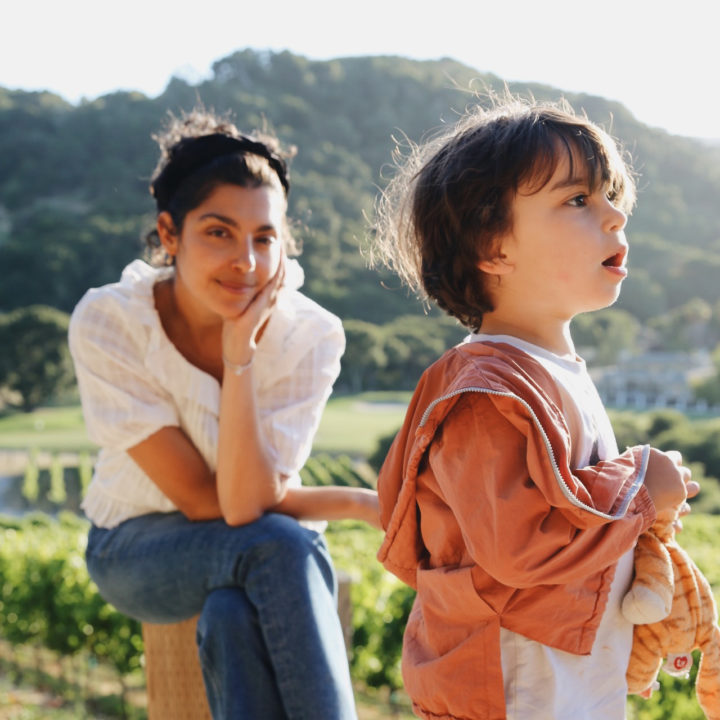
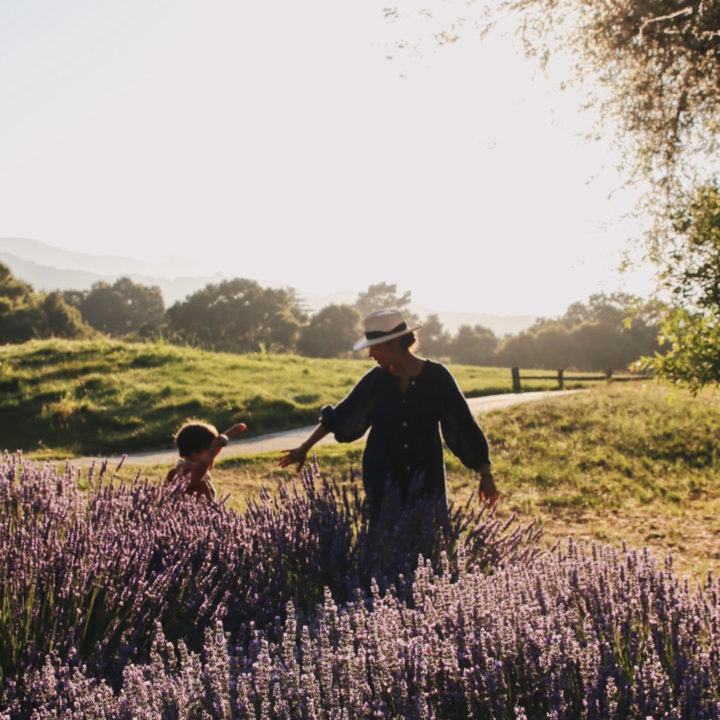
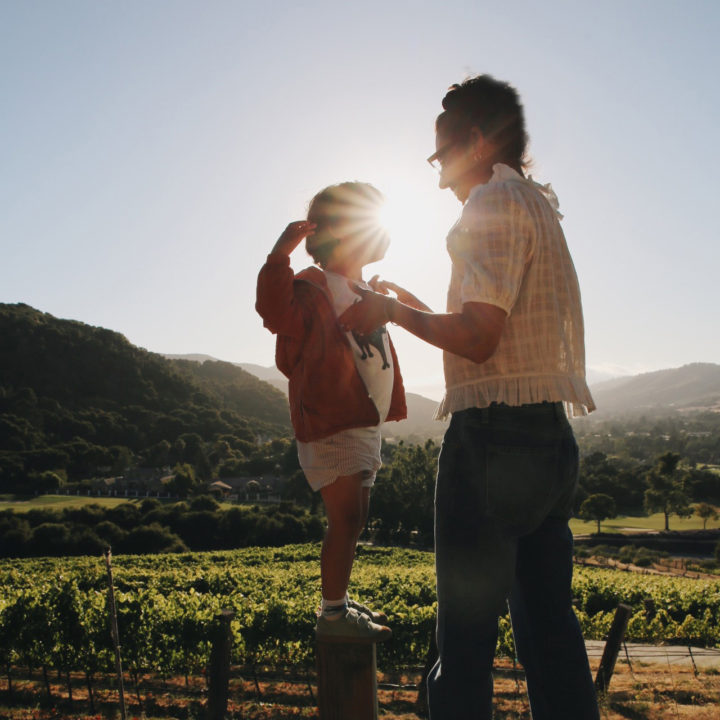
The days that followed were stressful and heavy. I stopped sleeping, unable to quiet my mind and the endless stream of “How?” and “Why?” I couldn’t eat, my stomach was in tatters and I felt constantly anxious. The only thing we could do was formalize a plan, a task we could complete. We knew my cancer was aggressive and moving quickly. We needed to move quicker. Every minute felt crucial. We started to make appointments and mobilized a team of doctors to create a treatment plan. We selected an oncologist and a surgeon, we scheduled MRI’s and blood work, and 24 hours after my diagnosis, I started IVF treatments to preserve my fertility. Literally overnight, I’d been thrust into a world I was utterly unprepared to navigate. Small details and big plans, all of it changed in a heartbeat.
My biggest worry was keeping things normal for my son. At two years old, he was far too young to understand what any of this meant and I was determined to keep his world completely unaffected, knowing that I would be unable to care for him and myself. For the first time since becoming a mother, I imagined my son’s life without me in it. Watching him grow up was something I’d never questioned, but suddenly I was faced with my own mortality and it absolutely devastated me. I was prepared to fight, but the stakes felt so unbearably high. Failure was not an option.
Literally overnight, I’d been thrust into a world I was utterly unprepared to navigate.
I spent the next six months in and out of doctor’s offices and operating rooms. I shuffled between work meetings to weekly chemo appointments, and blood draws, logging countless hours in my treatment room, lifesaving poison pumping through my veins. I became two people: Normal Person and Cancer Patient, both parties ironically absent from the life and the world. I tried to be both things, determined not to disappear. On good days, I could drop my son off at school and make his favorite food for dinner. On bad days, I was crippled with blinding headaches, bone pain that felt like fire and a mouth erupting with dime sized sores, too painful to eat, too unbearable to read a bedtime story. When I looked in the mirror, hair falling out in fistfuls, face pale and gaunt, I did not recognize myself. I wondered, what did my son see? A mother weakened by 16 rounds of powerful chemo, a mother with no eyelashes, a mother covered in bandages, unable to hold him to her chest? Perhaps, just a mother. There for him in the way she could be, doing important work just out of sight, hoping for more time.
Now, I’m floating somewhere in the In Between. I have finished active treatment and I’m wrapping up a six month stint on oral chemotherapy. Some days are easier than others, but the healing has only just begun. The scars from my surgeries are there, faded reminders of the battle that blindsided me. But the scars that run deeper are the ones you can’t see, the ones that keep me up at night, the ones that prickle the hairs on the back of my neck on a random Tuesday at 2:37pm, the ones that whisper “Will it come back? Are we safe yet?”
One day I will share this story with my son. How I felt an itch and followed up, more afraid of the not knowing than the knowing. How I missed out on a little, to make sure I’d be around for a lot. How he was my reason to keep going on the hardest days when it was all too much. How important it is to listen to your body and prioritize your health. How to surround yourself with people who offer love and support beyond measure. How to find the light in a dark room. How to fight, how to win.
*editors note: You can discover more about Dulci and her journey via her Instagram profile and on her website, The Far & Near.
